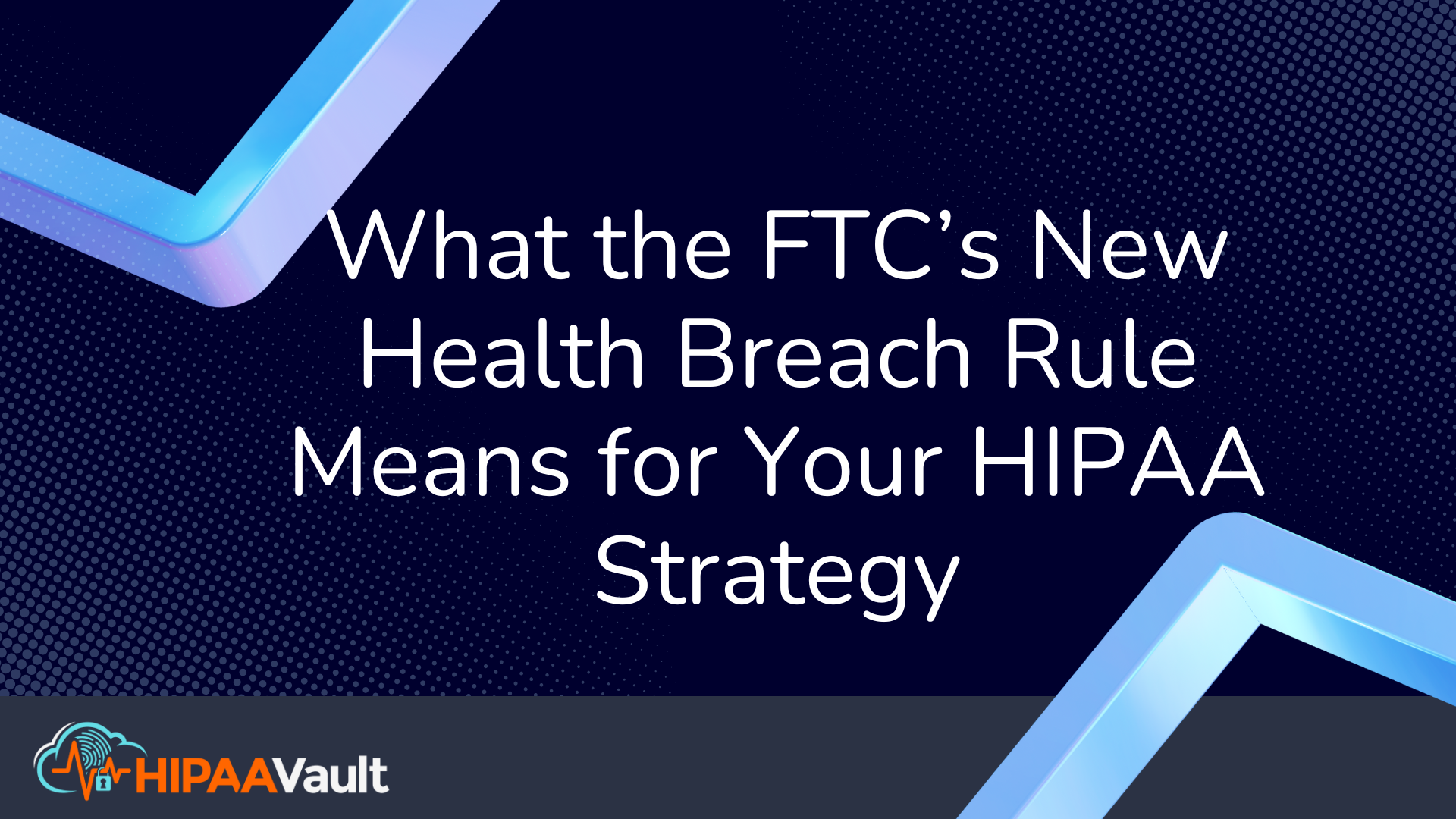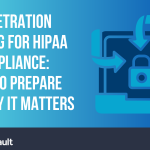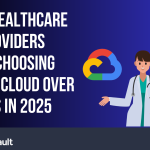
Introduction: Digital Health Is Now Under Double Scrutiny
In an age where healthcare data breaches cost over $10 million per incident, regulation is rapidly evolving to close loopholes in health data protection. The latest move? A revised FTC Health Breach Notification Rule that casts a wide net over digital health applications and consumer-facing wellness tools.
With the FTC stepping in to govern apps and platforms not covered by HIPAA, it’s clear that regulatory overlap is the new normal in digital health. Whether you’re a HIPAA-covered entity or developing a direct-to-consumer app, your compliance strategy just got more complex—and more important.
1. What the FTC Health Breach Rule Covers
The Federal Trade Commission’s Health Breach Notification Rule (HBNR) was originally passed in 2009, but in recent years, its significance has grown due to the explosion of digital health tools outside the traditional medical system. In 2023, the FTC clarified and updated the rule to ensure that non-HIPAA-covered health technologies are no longer exempt from breach reporting requirements.
The rule applies specifically to:
- Apps and online services that collect health information but are not covered entities under HIPAA
- Fitness trackers, period trackers, mental wellness tools, and telehealth platforms not tied to a healthcare provider
- Direct-to-consumer health apps that store or transmit individually identifiable health data
The FTC defines a breach broadly, including unauthorized access, acquisition, or disclosure of personal health records (PHRs). This means that even sharing user data with analytics or advertising partners could be considered a breach if users were not properly informed.
And the timelines are strict: entities must notify affected users without unreasonable delay and within 60 calendar days, and notify the FTC directly if the breach affects 500 or more people.
2. HIPAA vs. the FTC Rule: What’s the Difference?
While HIPAA remains the gold standard for covered entities like hospitals, clinics, and insurers, the FTC’s rule targets a different—but rapidly growing—segment of the healthcare ecosystem.
Key differences include:
- Scope: HIPAA applies to healthcare providers, payers, and business associates handling PHI. The FTC Health Breach Rule targets app developers, fitness device manufacturers, and non-traditional health data aggregators.
- Enforcement agency: HIPAA is enforced by the HHS Office for Civil Rights (OCR), while the FTC enforces its rule under consumer protection authority.
- Data classification: HIPAA focuses on Protected Health Information (PHI), while the FTC rule includes personally identifiable health information outside of traditional medical contexts.
For HIPAA Vault clients, this matters if you’re building or hosting consumer-facing applications that fall outside the strict definitions of HIPAA-covered activities. Even if you’re following HIPAA security best practices, your data use, sharing, and breach response protocols may still fall under FTC scrutiny if you serve a public health audience.
3. How to Align Your HIPAA Strategy with FTC Expectations
The convergence of these two regulatory frameworks means organizations must look beyond HIPAA alone. Fortunately, many of the security-first practices already embedded in a strong HIPAA compliance strategy can provide a foundation for meeting the FTC’s updated requirements—if properly expanded.
Here’s how to adapt your compliance strategy:
- Design with security in mind: Build your infrastructure and apps using a secure-by-design approach. This includes role-based access controls, encrypted data storage, and regular vulnerability assessments.
- Monitor for unauthorized access: Use real-time breach detection and automated alerts to identify unusual activity. HIPAA Vault’s managed cloud hosting includes breach monitoring to help flag issues before they escalate.
- Update privacy notices and consent: Clearly disclose how personal health data is collected, used, and shared. Under the FTC rule, vague or misleading policies are a liability.
- Formalize breach response workflows: Define how your organization will assess, document, and notify users in case of a breach—even if you’re not a HIPAA-covered entity.
- Audit your third-party relationships: Any integrations with analytics tools or advertisers must be carefully vetted. Disclosing personal health data without user consent, even unintentionally, could trigger FTC enforcement.
4. How HIPAA Vault Helps You Navigate Overlapping Compliance Risks
For modern healthcare organizations and app developers, the lines between HIPAA-covered and non-covered activities are increasingly blurred. That’s why HIPAA Vault offers solutions tailored to hybrid environments—where your product or platform may serve both regulated and unregulated audiences.
Our services are designed to support:
- HIPAA + non-HIPAA hybrid apps: Whether you’re handling PHI, PHRs, or a mix of sensitive data, we help you build secure infrastructure that meets both regulatory standards.
- Secure cloud hosting aligned with FTC, HIPAA, and GDPR principles: Powered by Google Cloud’s FedRAMP-certified infrastructure, our solutions combine technical safeguards with policy-driven risk management.
- Ongoing compliance support: We provide breach detection, encrypted backups, role-based access controls, and continuous monitoring—so vulnerabilities are flagged early, not after a breach occurs.
- Business Associate Agreements and compliance documentation: For apps that integrate with HIPAA-covered providers, we deliver the contractual protections and audit readiness your partners expect.
At HIPAA Vault, we understand that compliance isn’t just about checking boxes—it’s about building a foundation of trust and accountability in a highly scrutinized digital health environment.
Conclusion: Regulatory Overlap Is the New Normal in Healthcare IT
The revised FTC Health Breach Rule marks a shift in how digital health platforms are held accountable. Even organizations outside of traditional healthcare are now expected to protect health-related data with the same rigor as hospitals and insurers. And as data breaches become more costly, both financially and reputationally, the time to act is now.
A HIPAA strategy that fails to account for FTC rules is no longer sufficient. Fortunately, you don’t have to navigate this evolving landscape alone. HIPAA Vault provides the secure cloud infrastructure, policy alignment, and expert guidance that healthcare innovators need to operate confidently and compliantly.
Learn how HIPAA Vault can help you future-proof your compliance strategy—across HIPAA, FTC, and beyond.




